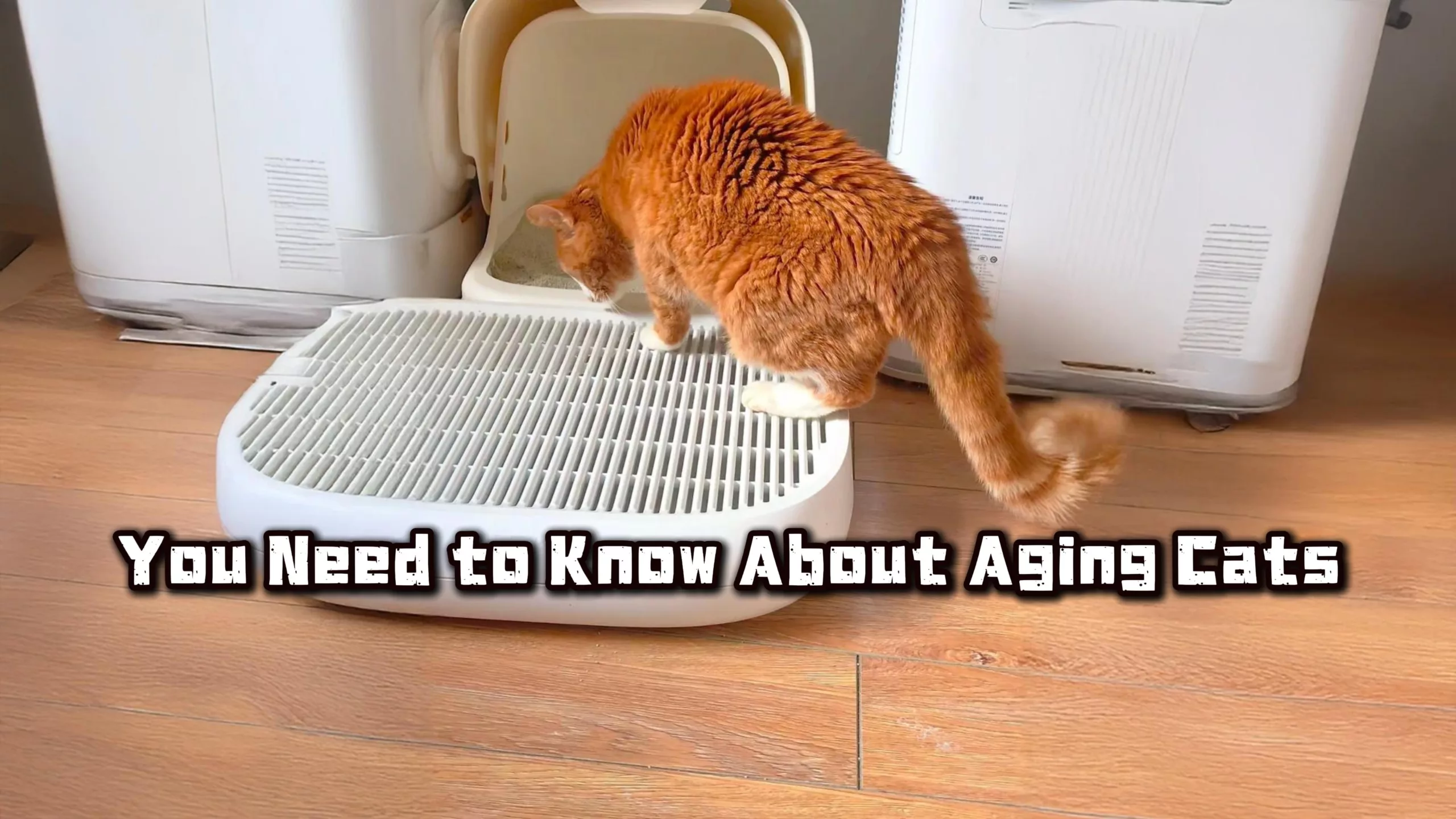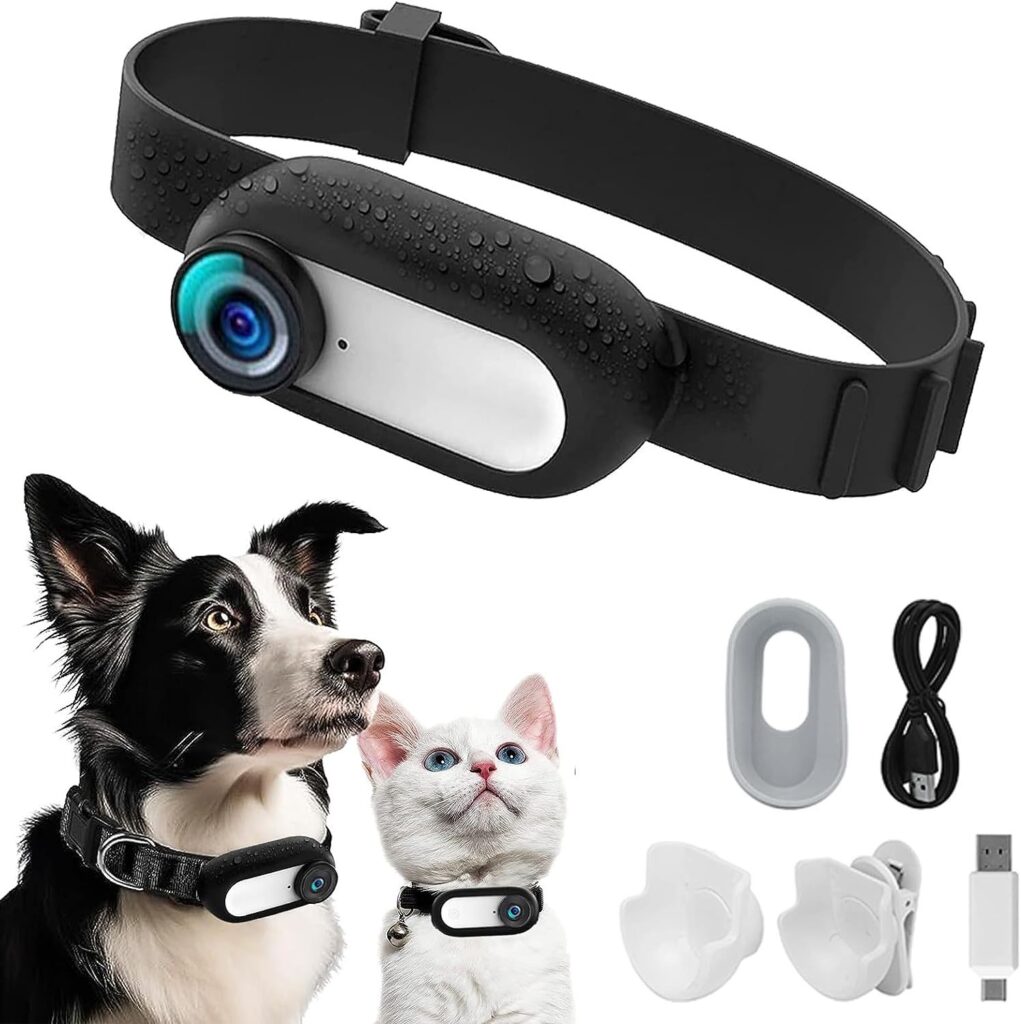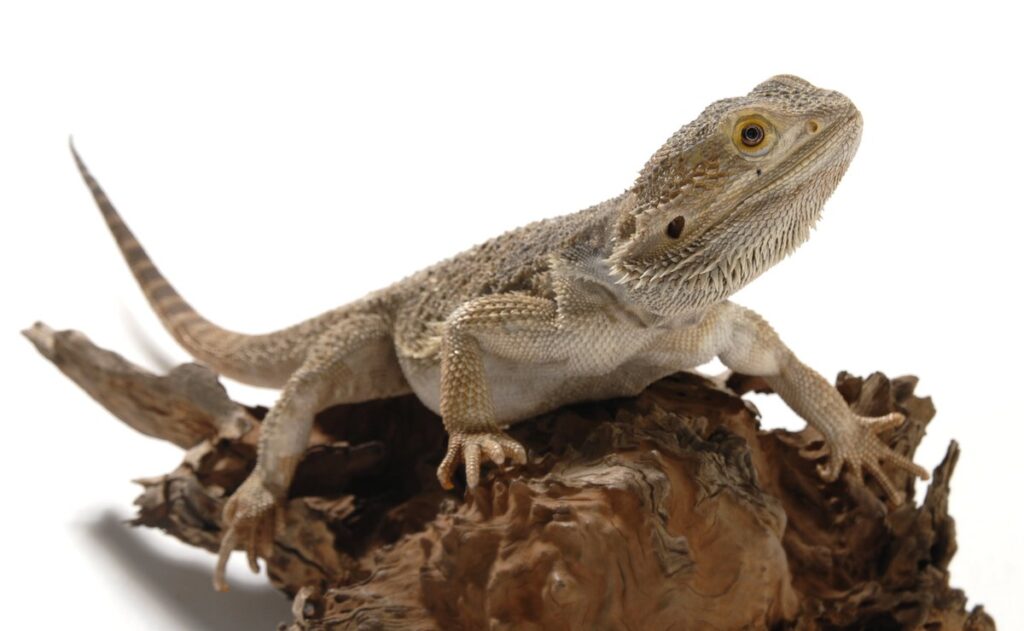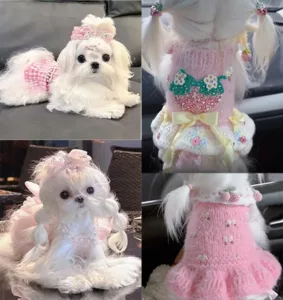
Posts page
Do Senior Cats Get Memory Loss? What You Need to Know About Aging Cats and How to Care for Them

As your beloved feline friend enters their golden years, you might notice subtle changes in behavior, appetite, or bathroom habits. Many cat owners wonder: Can cats have memory loss? The answer is yes — just like humans, senior cats can experience cognitive decline.
In this blog post, we’ll explore senior cat memory loss, what to feed an aging cat, and how to support them through common issues like constipation or using the litter box.
Can Cats Have Memory Loss?
Yes, cats over the age of 11 can develop feline cognitive dysfunction (FCD) — the feline version of dementia.
Signs of Memory Loss in Cats:
- Wandering aimlessly or appearing disoriented
- Forgetting litter box locations
- Sleeping more during the day but being active at night
- Meowing at odd hours
- Seeming confused or withdrawn
If your senior cat exhibits these signs, consult a veterinarian. While FCD can’t be cured, early detection can help you manage symptoms with lifestyle changes and supplements.
How Old Is a Senior Cat?
Veterinarians typically consider a cat:
- “Senior” at 11 years old
- “Geriatric” at 15+ years old
While cats can live into their twenties, age-related issues like arthritis, kidney problems, and cognitive decline often appear in the later years.
Best Cat Food for Senior Cats
Older cats have different nutritional needs. Look for senior cat food that includes:
- High-quality, easily digestible protein
- Omega-3 fatty acids for brain and joint health
- Antioxidants to support immune function
- Lower phosphorus levels (especially for kidney health)
Top Picks for Best Senior Cat Food:
- Hill’s Science Diet Adult 11+ Chicken Recipe – Vet-recommended and easy to digest
- Royal Canin Aging 12+ – Supports aging joints and kidney health
- Wellness Complete Health Senior Cat Food – All-natural and nutrient-rich
Senior Cat Litter Box Tips
Older cats may struggle with high-sided or covered litter boxes.
Look for Litter Boxes That Are:
- Low-entry for easy access
- Non-slip to prevent accidents
- Quiet and accessible
Pro Tip: Use night lights or glow-in-the-dark tape to help a confused senior cat find the litter box.
How to Treat a Constipated Senior Cat
Constipation is common in older cats due to dehydration, diet, or inactivity.
How to Help a Constipated Senior Cat:
- Add fiber like canned pumpkin
- Encourage hydration (try a pet water fountain)
- Feed wet food
- Keep them active with light play
- Consult a vet for safe laxatives
Note: If constipation lasts over 48 hours, seek veterinary help.
Final Thoughts: Caring for Your Senior Cat
Your senior cat still has plenty of love and companionship to offer. With the right nutrition, environment, and regular vet visits, your furry friend can thrive well into old age.
By recognizing signs of aging — including possible memory loss — and adjusting care accordingly, you’re providing the comfort and love they deserve.
Want to Learn More?
Stay tuned for our next post on the best enrichment toys for senior cats.















